New Year Sale! – Up to 40% Off! View Offer
Home » Here Are The Top Beauty Courses You Should Consider Learning
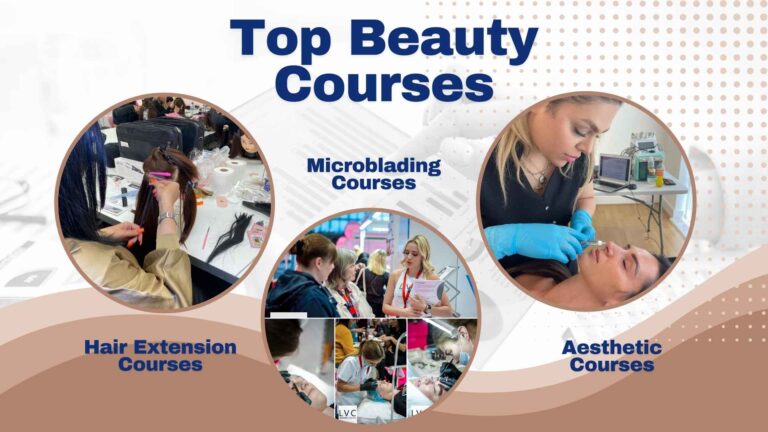
The beauty industry offers endless opportunities for creative individuals, and with the right training, you can turn your passion into a rewarding career. Whether you’re interested in specialising in hair extensions, enhancing your skills in aesthetics, or mastering microblading, there are a variety of courses available to help you get started. This guide will introduce you to the top beauty courses you should consider, covering everything from course durations to costs and career prospects. If you’re ready to invest in your future and make your mark in the beauty world, these courses are the perfect starting point. Here’s a guide to the top beauty courses you should consider.
Hair extension courses are professional training programmes designed to teach individuals the skills and techniques needed to apply, maintain, and remove hair extensions. These courses cater to beginners looking to enter the beauty industry and professionals wanting to expand their services.
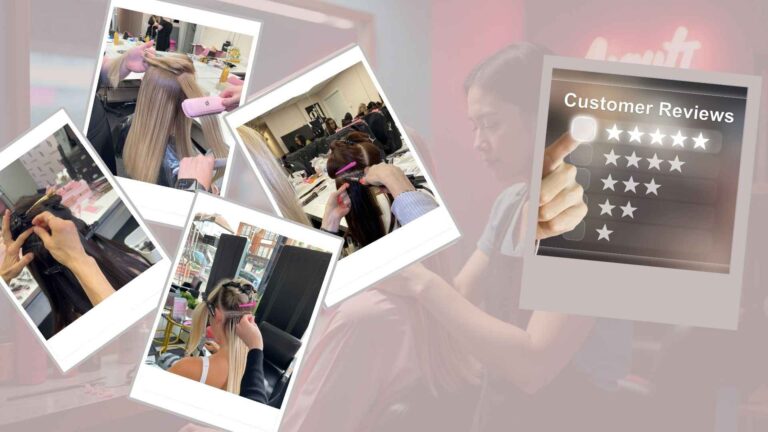
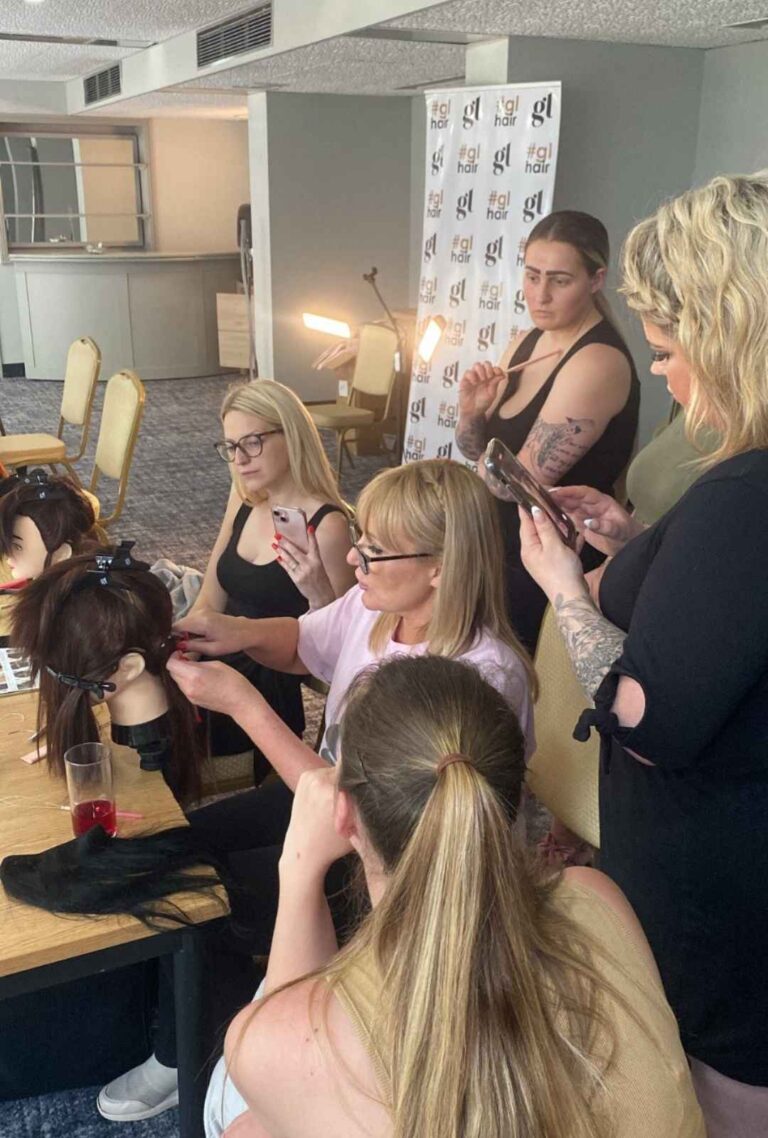
Aesthetic courses are professional training programmes focused on non-surgical cosmetic treatments. These courses are designed to teach individuals how to provide treatments aimed at enhancing the appearance of the skin, face, and body. Aesthetic training can cover a wide range of services, from basic skin care to advanced cosmetic procedures.
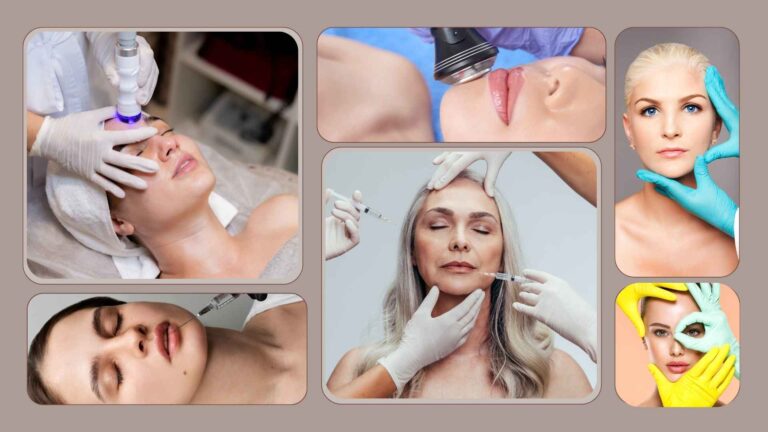
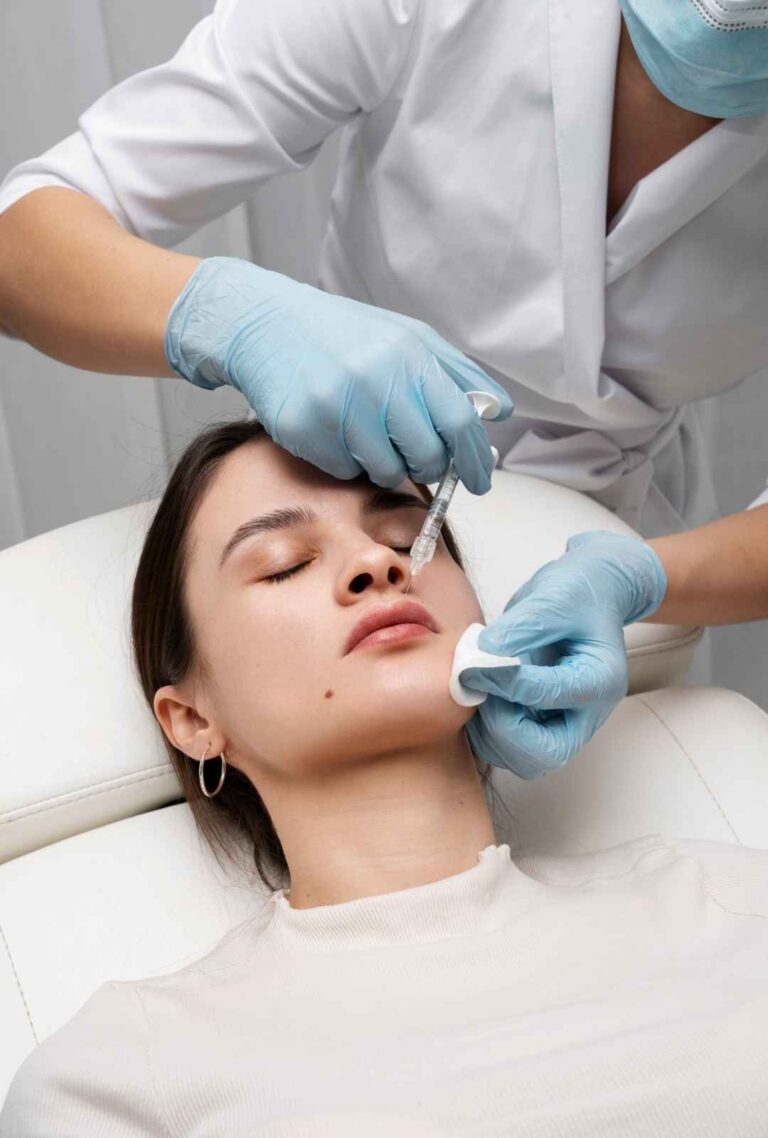
Microblading courses are professional training programmes that teach individuals how to perform semi-permanent eyebrow tattoos using a manual tool with fine needles. This technique is used to create natural-looking, hair-like strokes that fill in sparse or uneven eyebrows. Microblading is a popular cosmetic treatment, particularly for those seeking fuller, more defined brows without the daily need for makeup.
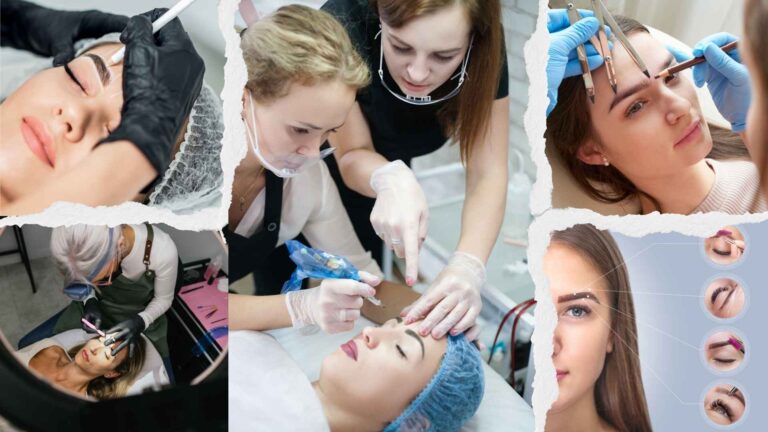
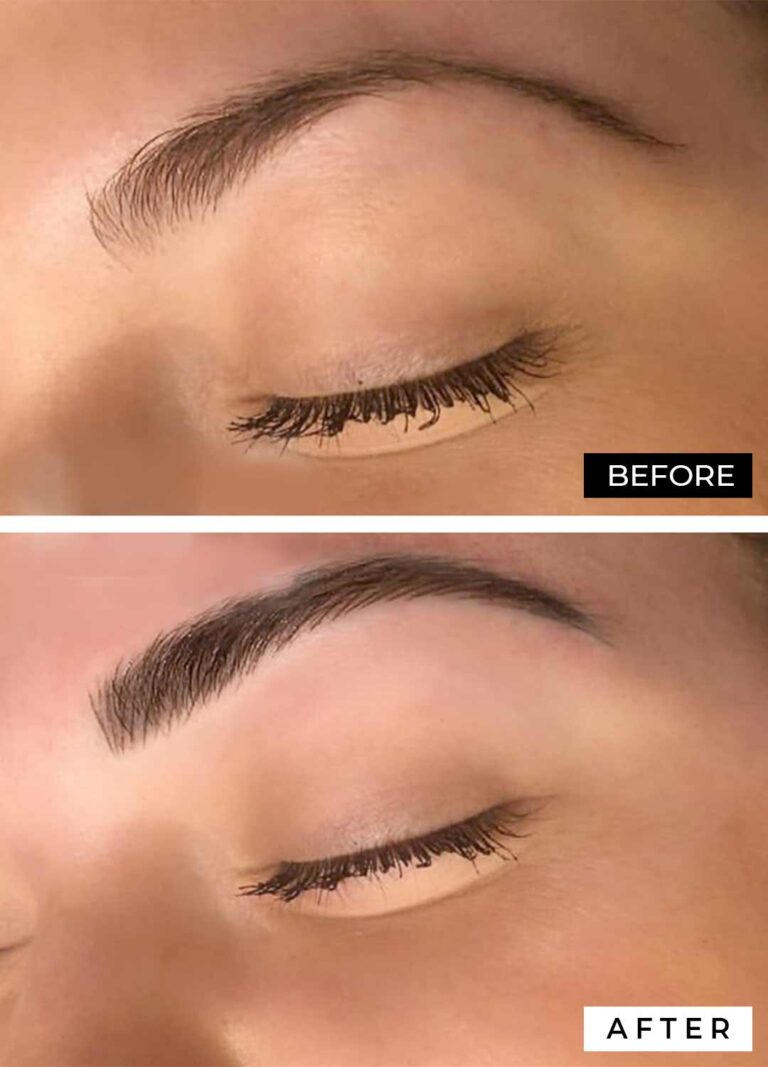
A. In-Person Training: Hands-on, practical experience at academies, clinics, or salons.
B. Online Courses: Flexible learning options with video tutorials and support, often for basic theory.
C. Hybrid Options: A combination of online theory and in-person practical sessions to give a well-rounded experience.
Duration: Courses can vary, ranging from 1–5 days for basic training to several weeks for more advanced certifications.
Cost: The price range depends on the provider and the depth of the course. Hair extension courses typically range from £300 to £595, Microblading courses range from £999 to £3,000, and Aesthetic courses may cost between £99 and over £5,000 for in-depth training.
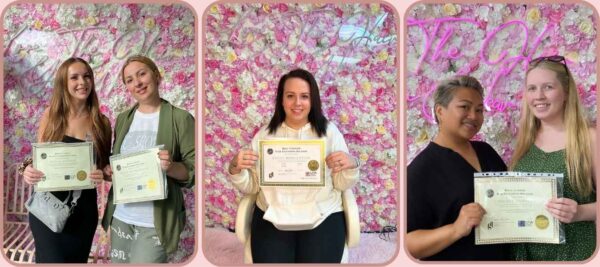
A. Increased Earning Potential: Specialised services can lead to higher pay rates.
B. Creative Satisfaction: Transforming your clients’ looks and making them feel their best is incredibly fulfilling.
C. Career Flexibility: Opportunities to work in salons, beauty clinics, or as a freelance professional.
D. Diverse Services: Add a range of high-demand services to your repertoire, attracting a wider clientele.
A. Accreditation: Always ensure the course is recognised by professional bodies.
B. Course Content: Review the course syllabus to ensure it covers the treatments you’re most interested in.
C. Instructor Experience: Choose a provider with experienced trainers who have proven results.
D. Post-Course Support: Look for courses offering aftercare services, mentorship, and networking opportunities.
WhatsApp us